
CV vs Resume what is the difference – 2023
Besides there being regional differences between CVs and resumes, the underlying professional reasons for writing either remain almost the same.
Resume Help - CV vs Resume what is the difference – 2023
Get your free resume nowCV vs Resume what is the difference – 2023
Besides there being regional differences between CVs and resumes, the underlying professional reasons for writing either remain almost the same.
Sarah Reynolds
Content Specialist
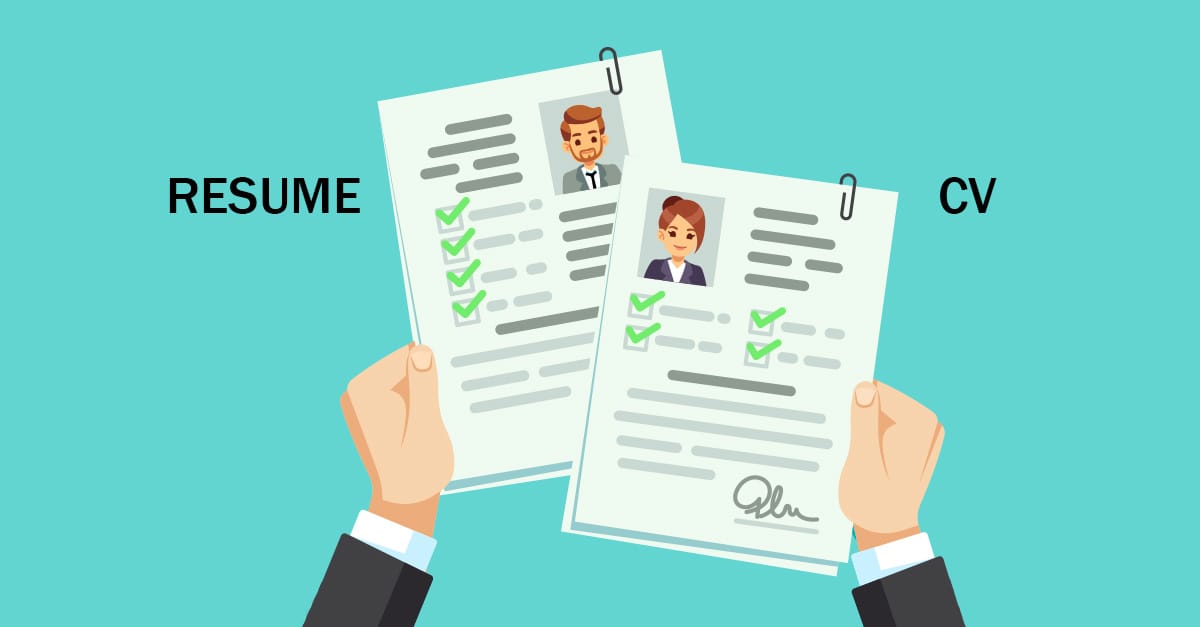
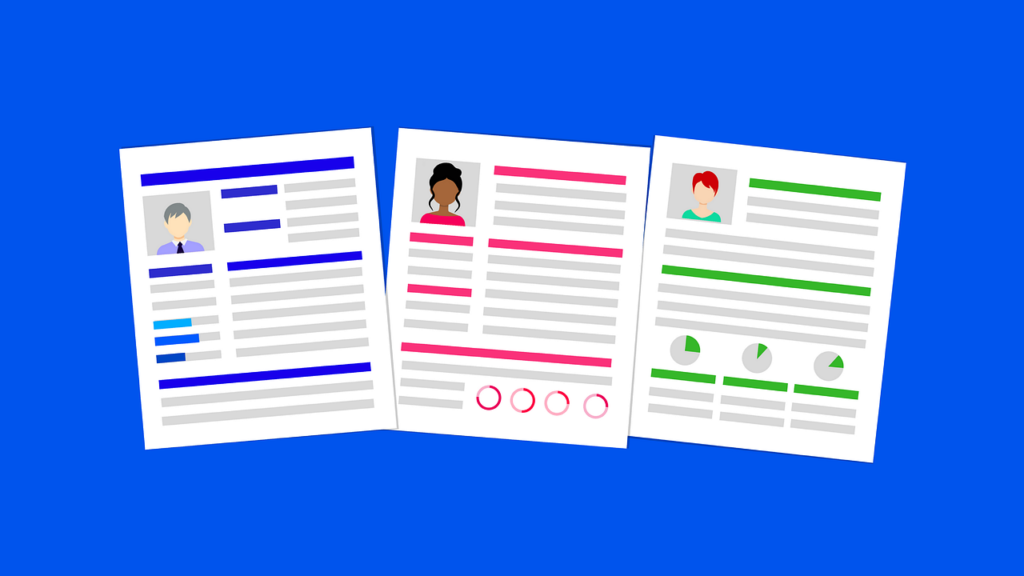
Besides there being regional differences between CVs and resumes, the underlying professional reasons for writing either remain almost the same.
The general purpose may stay the same, but recruiters are getting keener in what they are looking for.
Recruiters that are asking for a CV may want to get specific informationthat those asking for a resume may not find it necessary.
CV vs Resume ! So what are the main differences?
This manual will demonstrate:
- A resume definition and sample, as well as a CV (Curriculum Vitae) definition and sample.
- A comparison of the differences between a CV and a resume.
- Knowing when to utilize a CV versus a resume.
What is a CV?
The Latin word Curriculum Vitae, which means “the course of your life,” is the source of the English abbreviation CV.
A CV is a lengthy document that details every stage of your professional development and contains a wealth of personal data.
The CV can be viewed as a detailed account of everything you have ever done, all of your proudest professional accomplishments, and all of your name-bearing publications.
Every time you achieve something new academically or professionally, you should update your CV. i.e., anytime you start a new job, publish a new article, receive a new certification, etc.
There is no set length for a CV; instead, it can be anything from 2 and 8 pages long, depending on the candidate’s level of experience.
What Should Be on a CV:
- Identifying Data
- Research Goal, Personal Statement, or Personal Profile
- Education
- Academic and professional appointments
- Books
- Book Sections
- Peer-Reviewed Journals
- Additional Publications
- Honors and Awards
- Awards such as fellowships
- Conferences
- Experience in Education
- Experience in the lab, graduate fieldwork, and research
- Extracurricular Activities
- Skill Sets and Languages
- Memberships
- References
CV sample
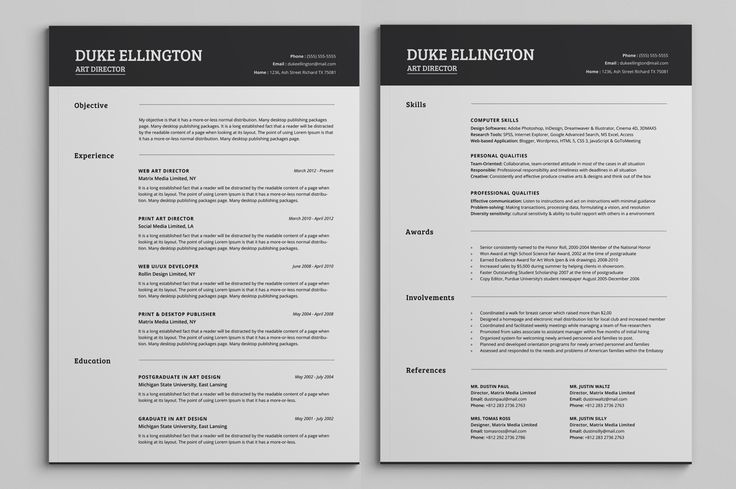
As you can see, a CV is very thorough and extensive. It has several sections and is written entirely in plain language because, after all, a CV is a course of one’s life.
What is a Resume?
A resume is a brief, to-the-point document made with the intention of applying for a particular job.
Contrary to a CV, a resume should be as concise as feasible.
You should aim to keep your resume to a maximum of one page in 99% of circumstances.
You can make it no longer than two pages if you have more than 15 years of experience or if you genuinely believe that the additional details you can include will strengthen your application.
You should only include information on your talents and work experience in your resume that is pertinent to the position you are applying for.
A strong Resume emphasizes the unique contributions you made to past projects and demonstrates how your varied skills can be applied to the position you’re looking for.
Typically, a cover letter describing your interest in the position is submitted together with your Resume.
The cover letter expands on the knowledge and expertise you’ve mentioned in your resume by describing how they’ll help you succeed in the position you’re looking for.
What Should be Included on a Resume:
- Contact details, including job title.
- Resume objectives or resume summaries
- job experience.
- Education.
- Skills.
- Other Resume Information (Awards, Courses, Resume Publications, Licenses and Certifications, Interests, etc.).
Resume sample
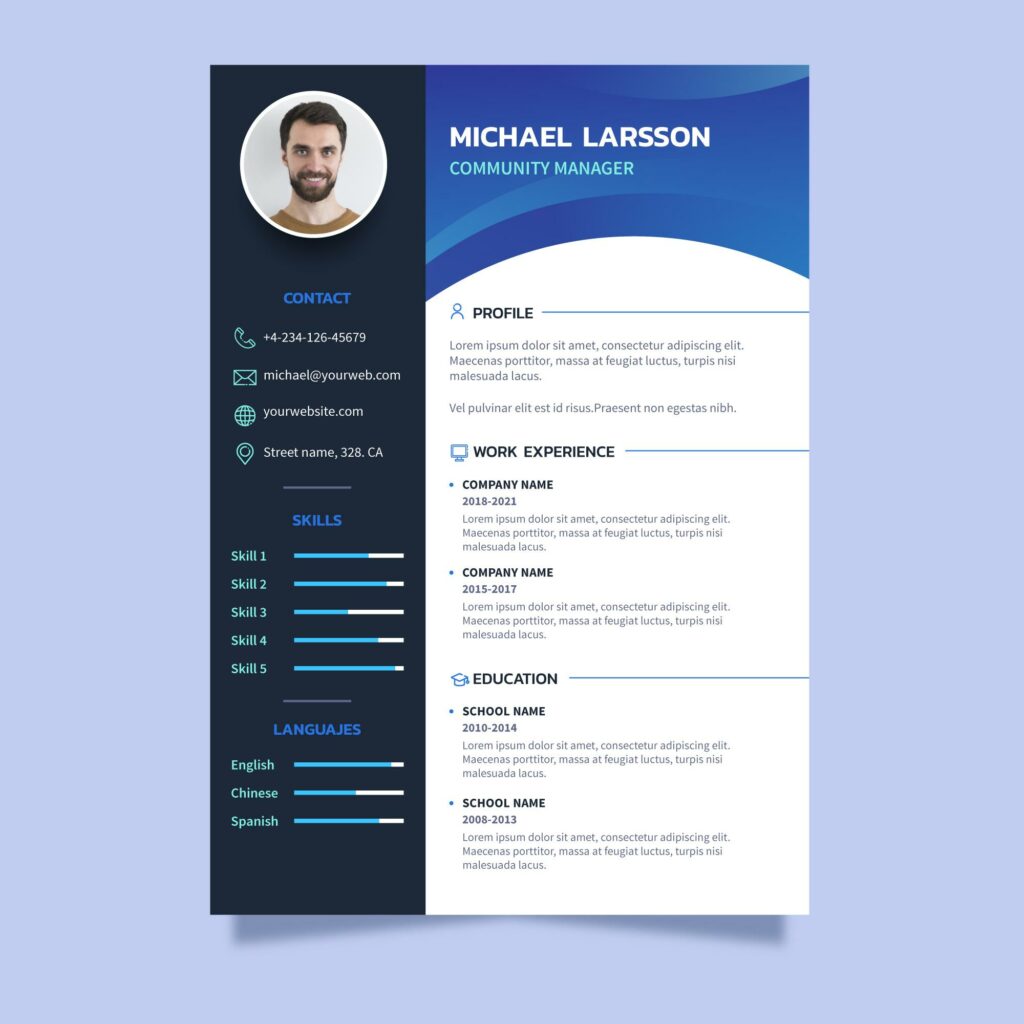
A resume consists of one page and is a brief document highlighting your professional experience and can be used for all kinds of jobs.
Read more: Writing a Resume without Work Experience
CV vs Resume Explaining the difference in terms of Objectives and Purpose
The purpose of writing a CV is very different from writing a resume, a CV will include more details about you.
This includes information that may not be relevant to any work area, a recruiter that asks for this may not be specifically looking for a specific filling, but an individual that can wear more than one hat in an organization.
CVs will carry more information even though the grounding may be different.
An individual that has achievements in accounting may also have others in sales and marketing or even motivational speaking.
These may not be needed at any point for a single job, but will, either way, have cause and effect when it comes to some jobs.
A resume will have much more focused information, recruiters that ask for a resume are looking for information that is relevant to the position you are applying.
This also makes it much more consolidated, It also means that you will need to work without many of your achievements.
A CV comes in handy when changing your line of career to something different. It also works when starting off in an entirely new environment.
A resume will be ideal if you are sticking to the lane and looking for greener pastures along the same carrier.
Difference between cv and resume in terms of length | cv versus resume
This then makes the CV much longer compared to the resume when it comes to resume vs cv.
Making it longer should not equate to filling it with fluff and jargon. It still has to be precise and sensible to read.
A CV will contain detailed information while a resume will include the information itself, a CV allows you to get deeper into the achievements you have made besides just having a longer list.
The achievements will consist of duties, responsibilities, and results. A resume may only allow you to mention the achievement and results for faster perusal.
A recruiter asking for a CV may want to read more calling for very clear details.
One asking for a resume will not be interested in much except what which is relevant to the company in question.
The formation then needs to be straight to the point as well as less personalized in expression, a resume will be about a page long while a CV will take two to three pages.
Why Are Resume Templates In MS Word BAD?

- It is a very old fashioned way to write a professional resume and takes along time to create.
- Anytime you need to update your resume it’s template breaks and you have to redo it all over again.
- Whenever you want to change the template you’ll spend hours just trying to figure what section goes where.
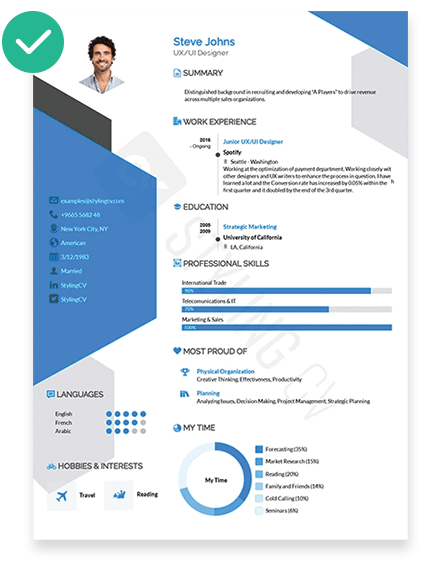
FAQ about CV vs Resume
1-Is there a difference between CV and a resume?
A resume is a one- to two-page document that summarizes your credentials, background, and work history, a longer document that covers every facet of your work experience is called a CV (Curriculum Vitae).
For academic purposes, a CV is employed; for career searches, a resume.
This explains why resumes carry more information than CVs.
2-Can a CV and resume be combined?
The combination resume may be the best option for you, with the use of a hybrid resume, you may highlight your abilities and work history in one document, highlighting your impressive professional background.
Want to know more, then? Check out our website (Styling CV).
3-What are the do’s and don’ts of CV?
Your key information should be included in a professional CV.
The following information should be left out: Age, ethnic identification, political alignment, religious preference, hobbies, marital status, sexual orientation, place of birth, pictures, height, weight, and general health are not required.
Professional layout
When we talk about resume vs cv, the fact that the resume is shorter seeking specific information means that the layout will be different.
A resume comes with an objective right at the top, may have some photo or impressive design and nonstandard font.
The purpose of a resume is to captivate the reader in less than 8 seconds, enabling them to make a quick decision.
It should have the achievements and experience of the main body, and that is it.
Simply register on the site and you will find everything you need to know about CV and RESUME.
Read more: 50+ Resume Objective Examples: Career Objectives for All Jobs
Related articles
Tags
Build your resume in 10 minutes
Use professional field-tested resume templates that follow the exact ‘resume rules’ employers look for. Create My Resume
BUILD MY RESUME NOW


